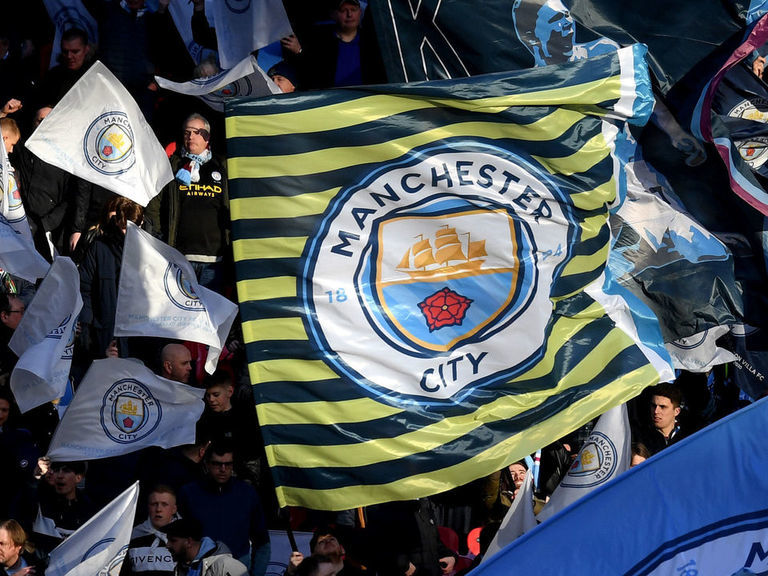What you need to know: Court reveals reasons behind City's win over UEFA

Manchester City failed to cooperate with UEFA during its investigation into Financial Fair Play violations but there wasn’t enough evidence to convict the club and uphold its two-year ban from the Champions League, the Court of Arbitration for Sport (CAS) has revealed.
The CAS – considered the last resort for sporting entities in legal trouble – released a 93-page document Tuesday explaining why it threw out UEFA’s case against City earlier in July. The investigation focused on allegations that City’s owners, the Abu Dhabi United Group, skirted FFP by funneling money into the club through overstated sponsorships.
City hired 12 lawyers to represent them in the appeals process, while UEFA only brought six forward.
Here are the most compelling findings by the CAS:
Financial Fair Play
- The panel wasn’t “comfortably satisfied” with the suggestion that City willfully disguised funding in the form of sponsorships.
- The majority of the panel found that the sponsorship agreements were negotiated at fair value.
- City’s sponsorship with Etihad delivered a whopping £220 million over three seasons (2012-13, 2013-14, 2015-16). UEFA argued that approximately £196 million of that sum was “funded by or at the direction of” the club’s owners.
- The panel ruled that any potential breaches that occurred before May 2014 are time-barred, and therefore inadmissible.
- City’s failure to cooperate with the CFCB’s investigation was considered a “severe breach.”
- City’s fine – reduced by two-thirds to €10 million – was considered a “sufficiently strong deterrent” to other clubs.
- The panel didn’t consider it appropriate to ban City from European competition simply because it failed to cooperate.
- The panel emphasized UEFA “by no means filed frivolous charges against City” and that there was a “legitimate basis to prosecute City.”
Evidence
- City finally agreed to provide original copies of the leaked emails that originally inspired UEFA’s investigation in 2019.
- The panel admitted UEFA’s adjudicatory chamber “may have reached the same conclusions as the panel” if City had cooperated in the first place.
- The panel said City didn’t deny or accept the authenticity of the leaked emails, but the club argued that it was inadmissible evidence because it was obtained illegally.
- The panel ruled the leak was admissible evidence because it generated public interest.
- The panel was unconvinced by the suggestion that Portuguese citizen Rui Pinto – widely believed to be the source of the leak – only released the information with the “intention of harming City.”
- Only six emails were leaked out of over five million stolen from City’s database.
- Leaked Email No. 4 was determined to be a combination of two separate emails, creating a “somewhat distorted impression” but ultimately not affecting the “veracity of the leaked emails.”
- One email dates back two years before UEFA implemented Financial Fair Play.
- Former non-executive City director Simon Pearce, whose emails were the subject of investigation, denied arranging secret payments, and the panel ruled that there was “insufficient evidence” to suggest he was lying.
Bits and bobs
- The panel said suspicions that members of UEFA had leaked information to the press about its investigation were “worrisome and too coincidental not to be taken seriously.”
- Nine Premier League clubs asked the panel to deny City a “stay of execution,” which would have allowed City to compete in the Champions League if there was a delay in the appeals process. However, City never applied for one.
- The panel dismissed City’s argument that the coronavirus pandemic should lessen any financial penalties.



